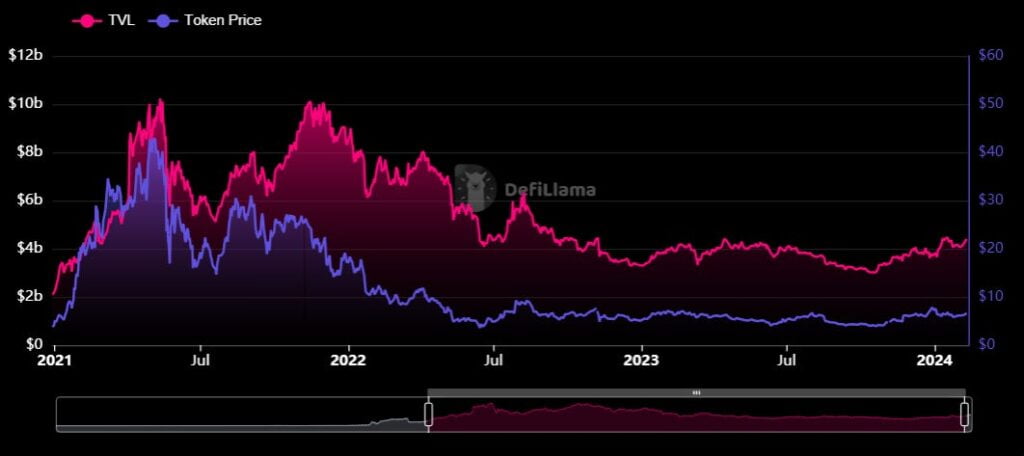Podcast Summary
In this podcast, the hosts discuss a range of topics including the collapse of the JPEG collection price, the implications of organizations like Binance and tether potentially operating incorrectly, and the importance of self-regulation within the industry. They also delve into the emergence of the Software as a Service (SaaS) era in the crypto space, the need for proof of reserves in centralized exchanges, and the potential for decentralized networks for sharing resources. The hosts also explore the concept of jurisdictional competition in the crypto world and the need for reasonable regulations in the cryptocurrency industry.
Key Takeaways
Implications of Incorrect Operations by Organizations
- Concerns about Binance and Tether: The hosts discuss the potential implications if organizations like Binance and tether are found to be operating incorrectly. They emphasize the importance of nuance in evaluating their actions and the potential collateral damage caused by bad actors in the space.
- Importance of Self-Regulation: The hosts stress the need for self-regulation within the industry to avoid more stringent external regulations. They also highlight the role of citizen journalism in calling out questionable practices.
Emergence of SaaS in Crypto Space
- Software as a Service (SaaS) Era: The hosts discuss the emergence of the SaaS era in the crypto space, with examples like Fireblocks and Hibernative providing detection solutions and automated due diligence. They emphasize the importance of managing one’s own capital and express concerns about the role of lawyers in the recovery process.
- Proof of Reserves: The hosts highlight the need for organizations to provide proof of reserves and implement solutions to prevent attacks and vulnerabilities in the code. They stress the need to push for proof of reserves in centralized exchanges like Kraken and Coinbase.
Decentralized Networks for Sharing Resources
- Decentralized Storage: The hosts discuss the importance of decentralized storage in the web 3 stack, with the need for both provable safety and distribution. They mention platforms like Filecoin and IPFS offering cheaper storage options than AWS and highlight the value of redundancy in storage and the flexibility of different tiers of storage options.
- Decentralized Internet Service Provision: The hosts discuss the potential for more decentralized networks for sharing resources beyond financial transactions and smart contracts, such as internet service provision and electricity. They see the transition from centralized providers to decentralized ones as a shift towards a more efficient use of capital and a way to empower individuals in developing countries.
Jurisdictional Competition in Crypto World
- Jurisdictional Competition: The hosts discuss the concept of jurisdictional competition in the crypto world, which allows projects to choose the jurisdiction that best suits their needs. They mention that a significant number of projects are finding their way to Cayman or BPI, with around 75 to 80% of projects choosing these jurisdictions.
- Regulatory Environment: The hosts emphasize that in the crypto industry, the regulatory environment is paramount. They mention jurisdictions like the United Arab Emirates, Dubai, Singapore, Hong Kong, the UK, and the European Union as more pro-crypto and welcoming.
Need for Reasonable Regulations in Cryptocurrency Industry
- Reasonable Regulations: The hosts discuss the need for reasonable regulations in the cryptocurrency industry, including necessary disclosures and capital redistribution if projects fail to meet milestones. They emphasize the importance of treating investors like adults and allowing them to take risks, similar to other adult activities like skydiving.
- Political Process and Ulterior Motives: The hosts acknowledge that the political process and ulterior motives have made it difficult to establish mature regulations in the industry. They mention the potential for middleware providers to access capital through validators, which could be seen as a form of indirect crowdfunding.
Sentiment Analysis
- Bullish: Despite the bearish sentiment on crypto Twitter, the hosts express their bullish sentiment and believe it is a good time to accumulate high-quality assets in the cryptocurrency space. They attribute the negativity on social media platforms to the vocal minority and the desire for people to vent and vocalize their opinions.
- Bearish: The hosts express skepticism about artists moving towards JPEG collections without careful consideration, following the collapse of the JPEG collection price by 99%. They also express concerns about the implications of organizations like Binance and tether potentially operating incorrectly.
- Neutral: The hosts discuss the emergence of the SaaS era in the crypto space and the need for proof of reserves in centralized exchanges in a neutral tone. They also discuss the concept of jurisdictional competition in the crypto world and the need for reasonable regulations in the cryptocurrency industry without expressing a clear bullish or bearish sentiment.












